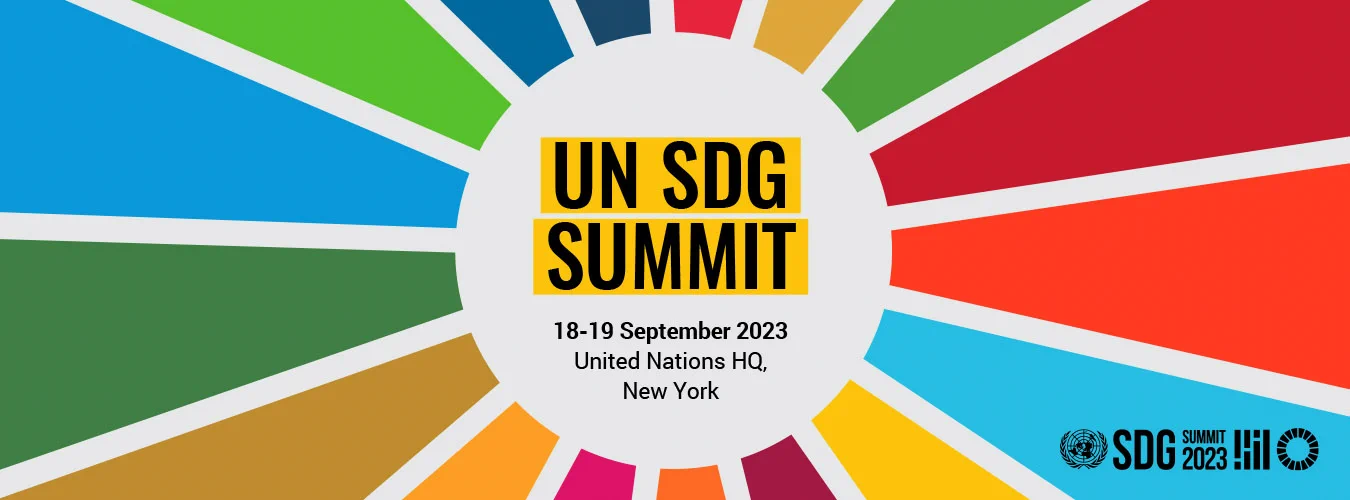World leaders are expressing concerns for the changing climate at the UN SDG Summit in New York. Addressing the Summit, various country heads including Pakistan’s and Peru’s took up the matter of climate financing.
It is pertinent to note that climate financing has been a major point of discussion and cause of concern at various climate forums.
Climate financing for developing countries
Pakistan’s caretaker Prime Minister and Anwaar-ul-Haq Kakar on September 19 called on rich countries to fulfill their financial pledges to flight climate change.
Kakar, who was addressing the United Nations summit on Sustainable Development Goals (SDGs), said that Pakistan’s developed country partners must fulfill their pledge to provide $100 billion annually in climate finance. Earlier in 2022, Pakistan was in news for the devastating floods that submerged one third of the country, affecting 33 million people, half of whom were children. The floods damaged most of the water systems in affected areas, forcing more than 5.4 million people to rely solely on contaminated water from ponds and wells.
It is hopeful that the upcoming CoP28 will seek and deliver climate justice. Pakistan alone faces a financing gap to achieve the SDGs which has risen to 4.0 trillion annually.
Speaking on the matter, Peruvian President Dina Boluarte also said that today more than ever it is urgent to mobilise annually 100 billion dollars for climate action in developing countries, that they (developed countries) are committed to. Also, (it is urgent) to establish the losses and damages fund agreed in the last Conference of the Parties, the COP.
Call for peace, focus on climate change
Meanwhile, Colombian President Gustavo Petro in his speech to the United Nations General Assembly on September 19 to call for peace summits to resolve conflicts in Ukraine and between Israel and the Palestinians, so humankind can focus instead on addressing climate change.
He also said the world should work toward a de-carbonized economy. He said, “We need to plan and finance the transition towards the decarbonized economy. I have no doubt that a decarbonized econony will be a more humane and fair economy. That is why I, the president of the country of beauty, propose to reform the world financial system, the International Monetary Fund, multilateral banks, to end with economic blockades and to guide private equity funds.”
SDGs need a global rescue plan
António Guterres, the Secretary-General of the United Nations said, “The SDGs aren’t just a list of goals. They carry the hopes, dreams, rights and expectations of people everywhere.” The UN Secretary-General, António Guterres, called for ending hunger, switching to renewable energy, spreading digitisation and education, and full gender equality rights.
“The transition to renewable energy isn’t happening fast enough. We are putting forward new energy compacts in which governments, businesses, and global organizations joined forces to invest in decarbonizing energy systems and ensuring a just and equitable transition from fossil fuels to renewable energy,” he said.
Each of the 17 goals contains targets, with 169 overall, however, currently only 15 per cent are on track, while many are going in reverse.
Creation of an international pact
Peruvian President Dina Boluarte has proposed the creation of an international pact to tackle the effects of the El Nino weather phenomenon, at the United Nations General Assembly (UNGA).
Boluarte urged increased collaboration to ease the effects of the weather phenomenon, which the country’s central bank has said remains a risk to the local economy and inflation.
The natural climate phenomenon fuels tropical cyclones in the Pacific and boosts rainfall and flood risk in parts of the America and elsewhere.














